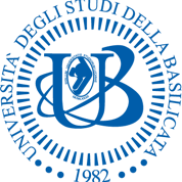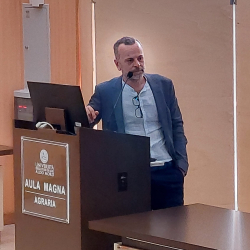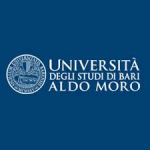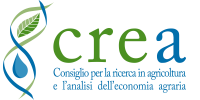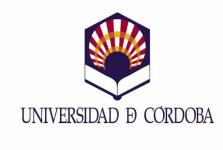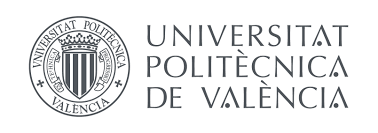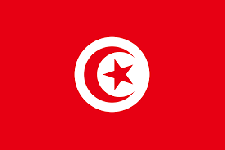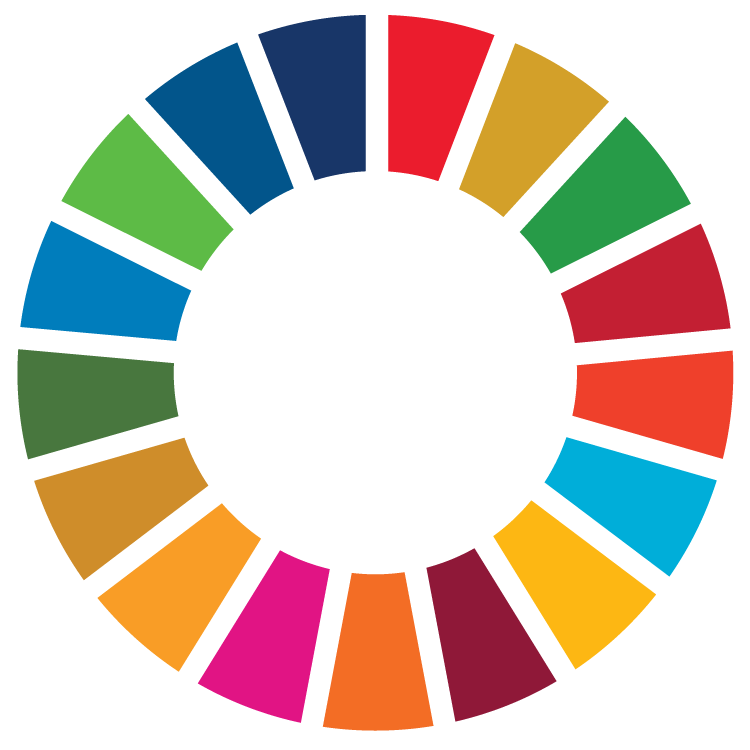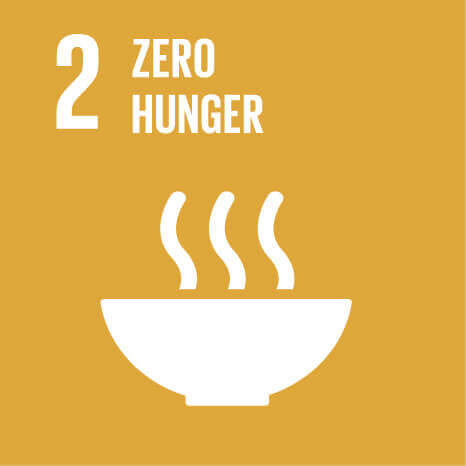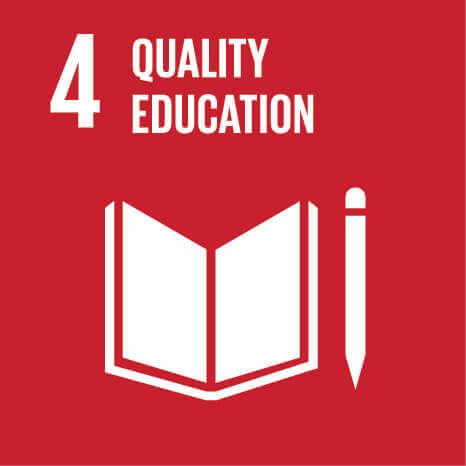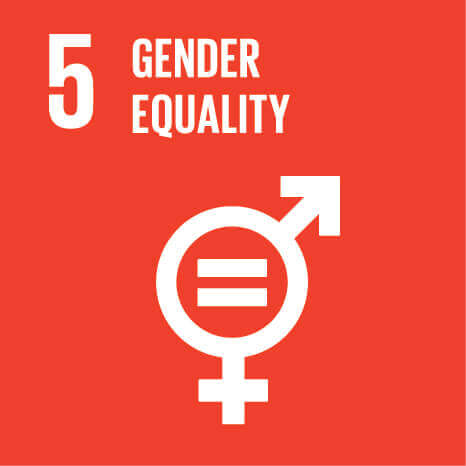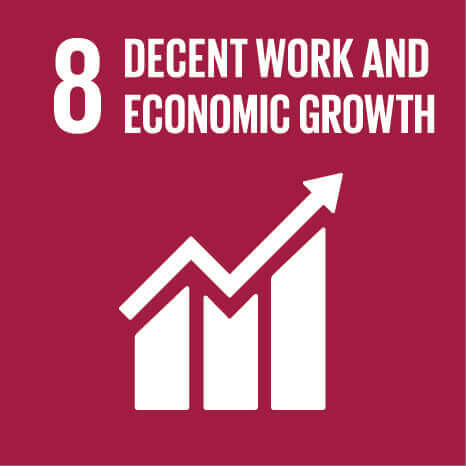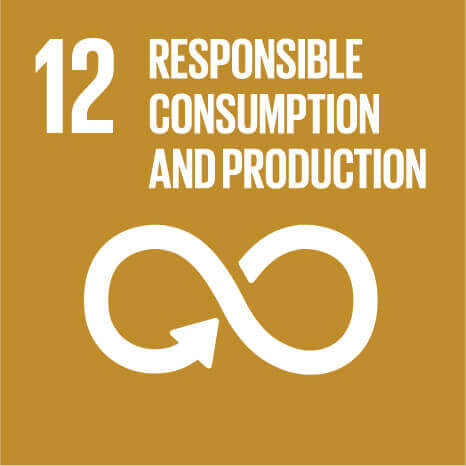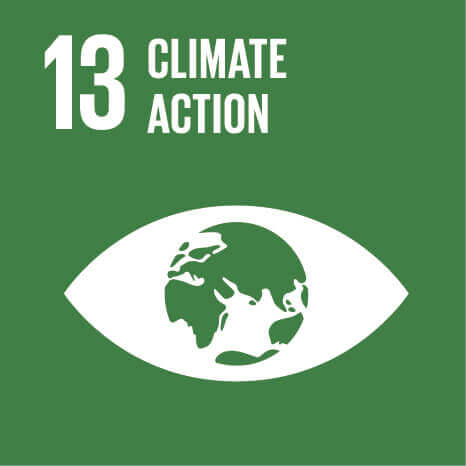Loss of biodiversity in the Mediterranean Region is one of the main reasons for negative effect on environment and crop yields, soil degradation and water over-exploitation, particularly in the rain fed cropping systems of Mediterranean areas. A first objective of the project is to identify wider crop rotations introducing legumes, forage crops, alternative crops like medicinal species that improve the positive effects of crop rotations for soil fertility and crop yield. Also the inter specific biodiversity of ancient grains and the reintroduction of local wheat or old varieties, better adapted to climate change in Mediterranean conditions will be considered in the proposal. The project will design demonstration fields where crop rotations will be cultivated according to the agroecological principles and the sustainability of those farming practices will be evaluated from an agronomic (soil fertility and quali-quantitative yield), economic (viability of agroecological farming respect to conventional one), and on the mitigation of environmental impact (LCA and soil, water air pollution) aspects. Following the principle of agroecology, the AgrEcoMed will take care of the reduction of external input through a better management of crop residues and processing and valorisation of farming crop residues and by-products of the agricultural chain through their bioconversion by the Diptera Hermetia illucens, adopting the principle of circular agriculture and circular economy. The complete use of cropping residues and of external compost from urban waste will be evaluated in terms of agricultural carbon credit for the mitigation of climate change to achieve climate neutrality by 2050 as proposed in the EU Green Deal. The new cropping systems proposed will be fitted to the specific local conditions of Mediterranean ecosystem; experiments on weed and pest control by new bio-herbicide and bio-pesticide from green extraction by medicinal plants will be performed in order to test the zero-pollution ambition for a toxic-free environment. In the open field experiment, the management of inputs (seeds, compost, fertilizers, weeds and pest control) will be performed using a “precision farming approach”, in order to optimize the resource use efficiency. The economic sustainability of the agroecological, regenerative and circular farming approach compared with the conventional one will be evaluated. While presenting higher capital, transaction and labour costs and lower efficiencies of scale, the circular farming model can increase profitability by reducing some of the production costs (inputs and machinery), relying on effective techniques and yields that are stable over time, maximizing the Value Added for a given Gross Value of Production, diversifying production, realizing economies of scope. Although economic viability in competition with intensive and industrialized farming system is hard to achieve – since agroecology internalizes the costs of mitigating negative impacts on health and the environment – farmers’ incomes can be improved by building local and regional Alternative Food Networks, and getting premium prices from organic/ethical labels through targeted marketing. The analysis of barriers and drivers for the implementation of circular business models will be performed. Also, the strengthening of the knowledge system and cooperation between farmers, women’s network, as well as organizational models for resource-sharing among the farmers will be suggested for the specific cropping systems proposed.






